Comprehensive Guide to the Nissan Altima 2.5L Non-Hybrid Engine
Buy JDM Nissan Altima 2.5L Non Hybrid Engine & Transmission for sale online. The Nissan Altima has been a favorite in the midsize sedan market for years, known for its reliability, comfort, and efficient performance. Central to its appeal is the 2.5L non-hybrid engine, a powertrain that has undergone various upgrades over its production life to balance performance with fuel economy. In this article, we’ll dive into the specifics of this engine, covering its specifications, features, common issues, maintenance tips, and frequently asked questions.
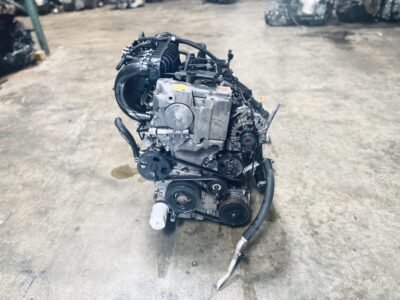
Overview of the 2.5L Non-Hybrid Engine
Engine Specifications
- Engine Type: Inline-4
- Displacement: 2.5 liters (2,488 cc)
- Fuel System: Multi-point fuel injection (MPFI)
- Power Output: Varies by model year, generally between 182-188 horsepower
- Torque: Ranges from 178-180 lb-ft
- Transmission: Paired typically with a CVT (Continuously Variable Transmission)
- Fuel Economy: Approx. 28 MPG city / 39 MPG highway (varies by model year and driving conditions)
- Emission Compliance: ULEV (Ultra-Low Emissions Vehicle) standard
Key Features
- Durability: Designed with high-strength materials for long-term reliability.
- Fuel Efficiency: Optimized combustion and lightweight design contribute to competitive fuel economy.
- Smooth Performance: The engine pairs seamlessly with the CVT for a smooth driving experience.
- Eco-Friendly: Compliance with stringent emission standards ensures reduced environmental impact.
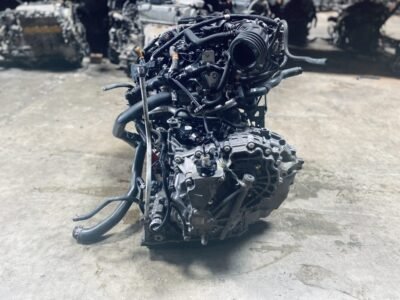
Performance and Driving Dynamics
The 2.5L engine strikes a balance between performance and economy, making it suitable for daily commutes and long-distance driving. While it doesn’t deliver sports-car-level acceleration, it provides sufficient power for highway merging and urban driving. Its refined operation minimizes engine noise, ensuring a comfortable cabin experience.
Common Issues with the 2.5L Non-Hybrid Engine
Although the engine is reliable, some common issues have been reported over the years:
- Oil Consumption: Higher-than-normal oil consumption can occur in older models due to piston ring wear.
- Timing Chain Noise: Over time, the timing chain may stretch, leading to rattling noises.
- Carbon Build-Up: Direct injection variants may experience carbon build-up on intake valves.
- Sensor Failures: Issues with oxygen or mass air flow (MAF) sensors can trigger a check engine light.
- Overheating: Rare instances of thermostat failure or coolant leaks can lead to overheating.
Maintenance Tips
Proper maintenance can extend the life of your 2.5L engine:
- Oil Changes: Follow the manufacturer’s recommendation (typically every 5,000-7,500 miles).
- Air Filter Replacement: Replace the air filter every 15,000-30,000 miles.
- Spark Plug Replacement: Change spark plugs every 60,000-100,000 miles, depending on the type used.
- Coolant System: Flush and replace coolant every 50,000-100,000 miles.
- Timing Chain Inspection: Ensure the timing chain is inspected during major services, especially after 100,000 miles.
FAQs
1. What makes the 2.5L engine in the Nissan Altima unique?
The 2.5L engine is a robust and efficient inline-4 powertrain designed for reliability and balanced performance. Its seamless integration with Nissan’s CVT contributes to its smooth operation and excellent fuel economy.
2. How does the fuel economy of the 2.5L engine compare to competitors?
The 2.5L engine offers competitive fuel efficiency, achieving approximately 28 MPG in the city and 39 MPG on the highway, which is on par with or better than many midsize sedans in its class.
3. Is the 2.5L engine in the Altima prone to frequent issues?
While the engine is generally reliable, issues like oil consumption and timing chain wear may occur, especially in older models with high mileage. Regular maintenance can mitigate most of these problems.
4. How often should I change the oil in my Nissan Altima 2.5L engine?
Oil changes are recommended every 5,000-7,500 miles, depending on your driving habits and the type of oil used.
5. Does the 2.5L engine require premium fuel?
No, the engine is designed to run efficiently on regular unleaded gasoline with an octane rating of 87.
6. What is the lifespan of the 2.5L engine?
With proper care, the 2.5L engine can last over 200,000 miles. Regular maintenance and timely repairs are key to achieving this longevity.
7. Can I tow with a Nissan Altima equipped with the 2.5L engine?
The Altima with the 2.5L engine has a limited towing capacity of around 1,000 lbs, making it suitable for light towing tasks.
8. How does the 2.5L engine perform in winter conditions?
The engine performs well in winter with the right maintenance, such as using winter-grade oil and ensuring the cooling system is in good condition. Additionally, the Altima’s FWD setup enhances traction on icy roads.
9. What is the warranty coverage for the 2.5L engine?
Nissan typically provides a 5-year/60,000-mile powertrain warranty, which covers the 2.5L engine. Specific terms may vary based on the model year and region.
10. Is the 2.5L engine suitable for spirited driving?
While the engine provides decent acceleration and smooth performance, it is not designed for high-performance driving. It is best suited for daily commuting and family trips.
Conclusion
The Nissan Altima 2.5L non-hybrid engine is a reliable and efficient powertrain that caters to drivers seeking comfort and practicality. Its balance of performance, fuel economy, and low maintenance costs has made it a popular choice among midsize sedans. By following proper maintenance guidelines and addressing issues promptly, owners can enjoy years of dependable service from this engine.
If you’re considering purchasing an Altima or already own one, understanding the 2.5L engine will help you make informed decisions about maintenance and performance optimization.

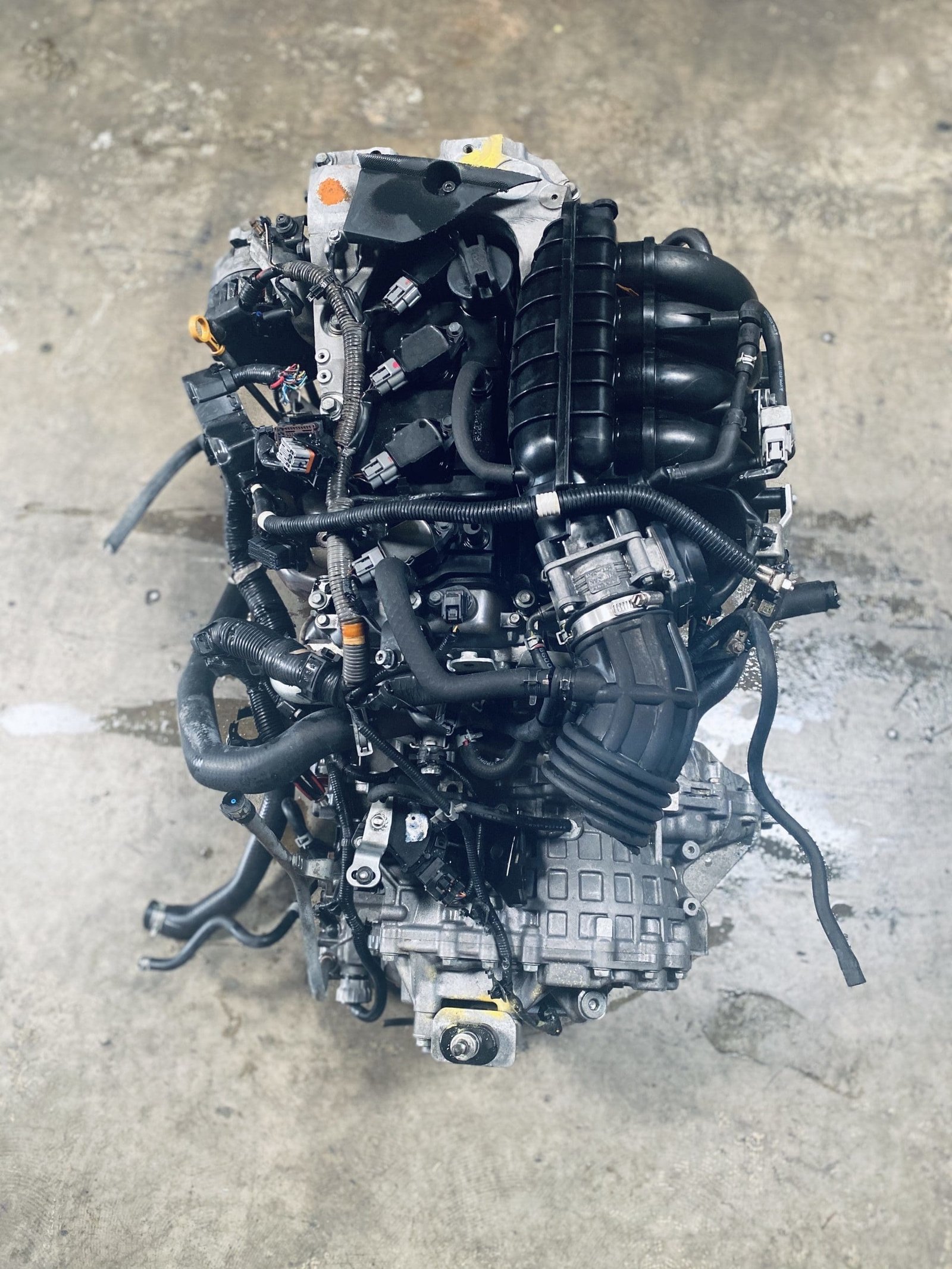
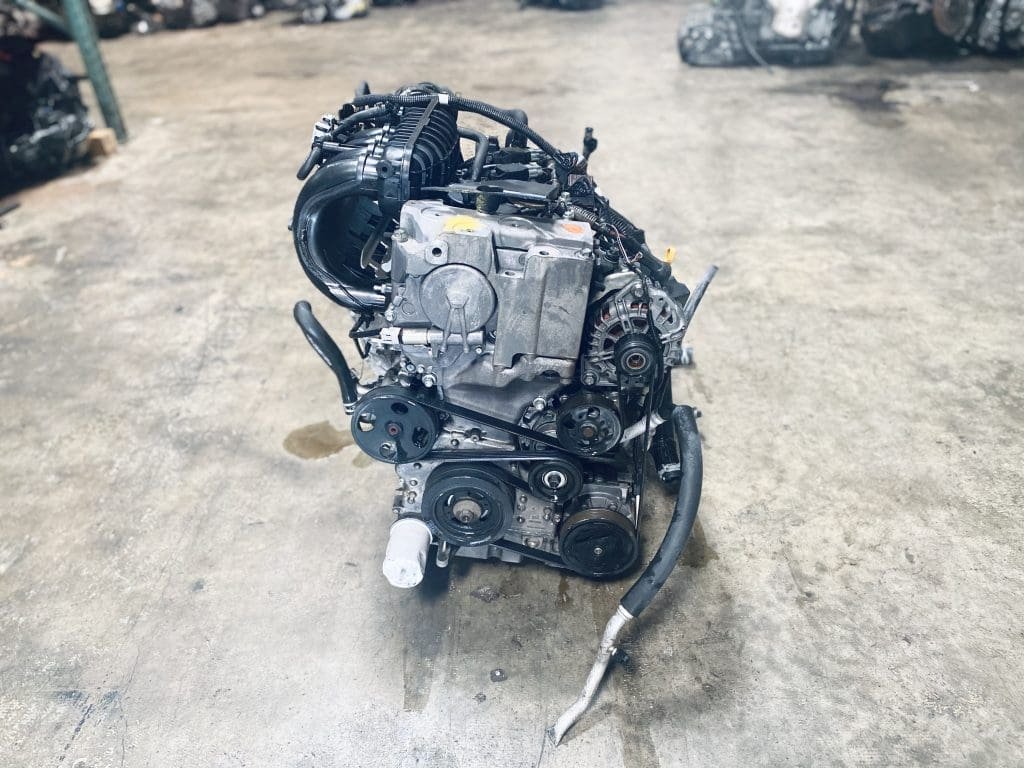
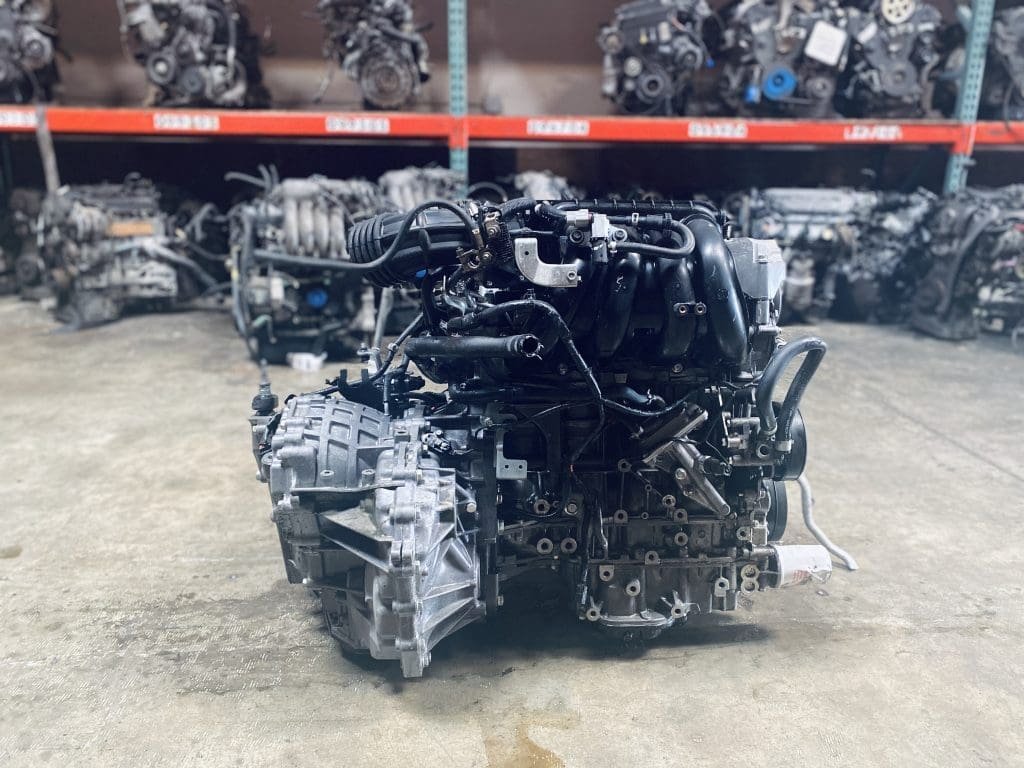
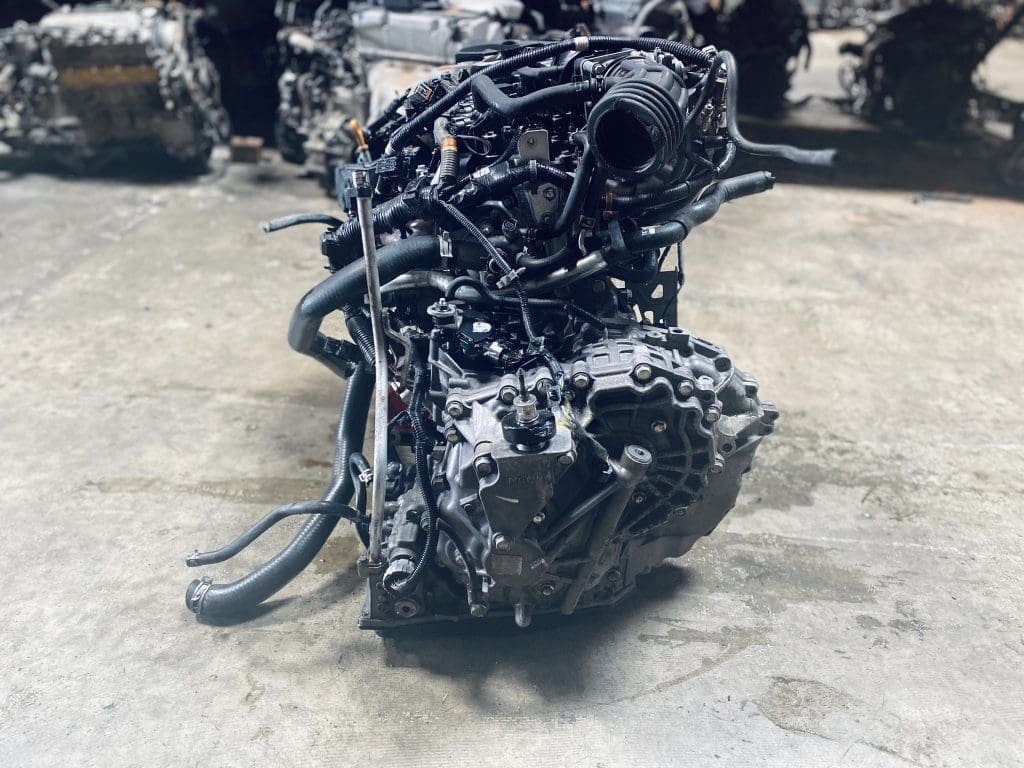
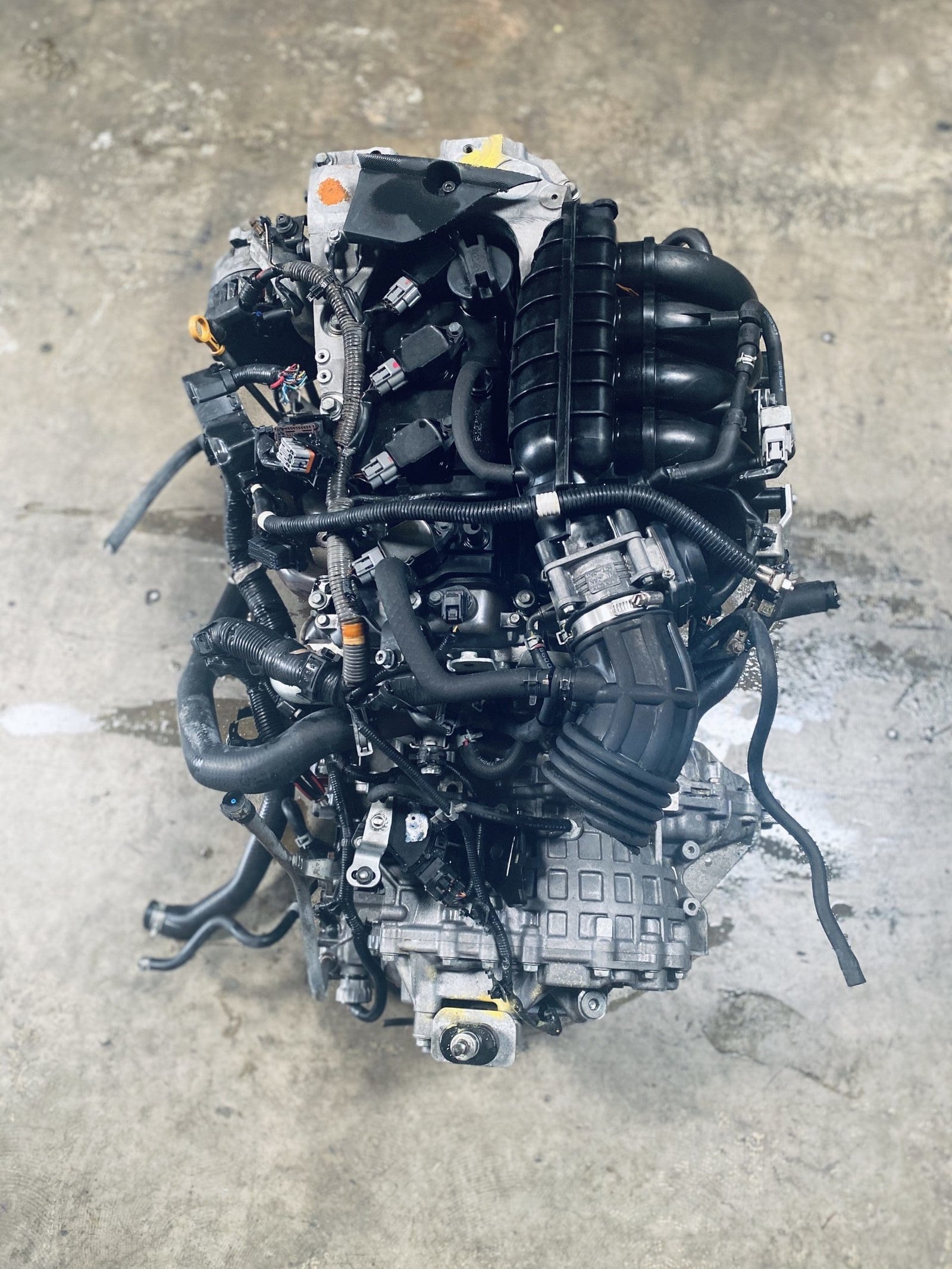
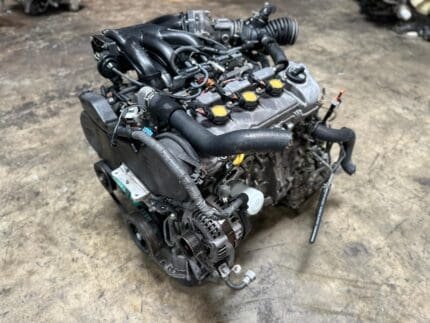
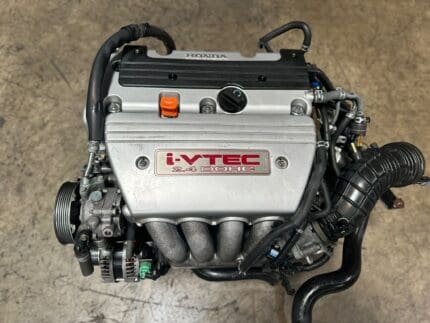

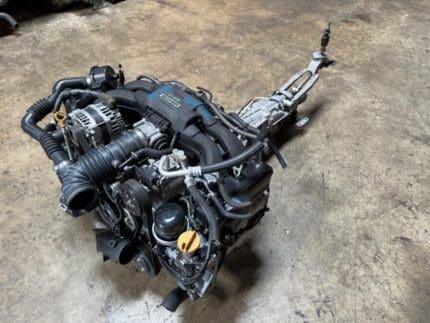

Reviews
There are no reviews yet.